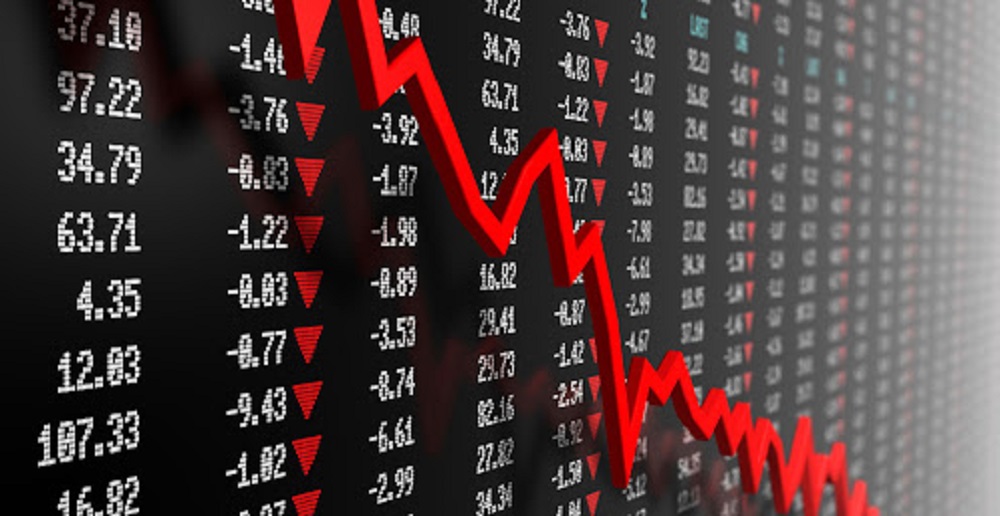RIO DE JANEIRO, BRAZIL – Friday’s session was expected to be calm, with trading running on reduced hours in the United States after the stock markets had closed the day before for the Thanksgiving holiday. But Black Friday turned out to be much more eventful than expected, with news of a new Covid-19 strain derailing stock markets and commodities worldwide.
The new strain has been placed on a level of “concern” by the World Health Organization (W.H.O.), but it is not yet known whether the mutation of the virus, dubbed Omicron, is actually resistant to vaccines or its lethality level.

One thing is certain: the market did not wait for confirmations before reacting, but has the behavior of stock markets and commodities been excessive? Some analysts believe so. According to Monte Bravo Investimentos partner Rodrigo Franchini, the market embarked on an irrational herd movement.
“We still don’t know the problems associated with this variant and it could be that the vaccine works, and nothing will change. In this first moment, given the lack of information, the market tends to be somewhat irrational and melts the prices of some assets that shouldn’t depreciate that much,” Franchini says.
Irrational was also the term used by JP Morgan in a report released to its clients to classify the markets’ reaction yesterday. The bank’s analysts believe that the readiness to respond to Covid-19 is at a very different level than a year ago, and that advances in global efforts to control the pandemic, such as widespread vaccination and the breakthrough of oral antivirals, should not be ignored.
In a report released earlier in the day, analysts at Itaú BBA said the market reaction to the new Covid variant was likely “exacerbated” by low liquidity in yesterday’s trading session.
“We believe it is still too early to assume that a new variant will have a major impact on the global economy,” they said. In their view, the new strain detected in South Africa should not change the U.S. Federal Reserve’s plans to accelerate the reduction of stimulus in December. However, BBA said that the prospect of even more accelerated tapering has entered a wait-and-see mode for the time being.
NATURAL REACTION
However, other analysts felt that yesterday’s markets reaction was natural. “Lockdowns in Europe were already underway, which certainly increased the market’s concern over potential further restrictions, an economic slowdown, and even a recession. This is the argument the market is embracing,” said Finacap CEO Luiz Fernando Araújo.
Ivest consulting firm investment specialist Juan Espinhel says the world was already wary of the pandemic and since the global economy is still sensitive, any potential for a lockdown could trigger a movement like the one seen yesterday.
“We have not yet recovered from the first pandemic waves in economic terms. We were just starting to withdraw some stimulus in the United States, in Europe, with Central Banks around the world trying to get their books together. The market’s fear stems from this,” Espinhel explains. According to him, this was not an irrational behavior, but rather one of uncertainty.
Whether it was excessive or not, the market’s behavior should depend on the next information about the new variant and how countries are going to act. For now, the feeling, with several countries restricting flights from Africa and from nations where Omicron cases were confirmed, is that there may be setbacks in the post-pandemic recovery that was taking shape.

